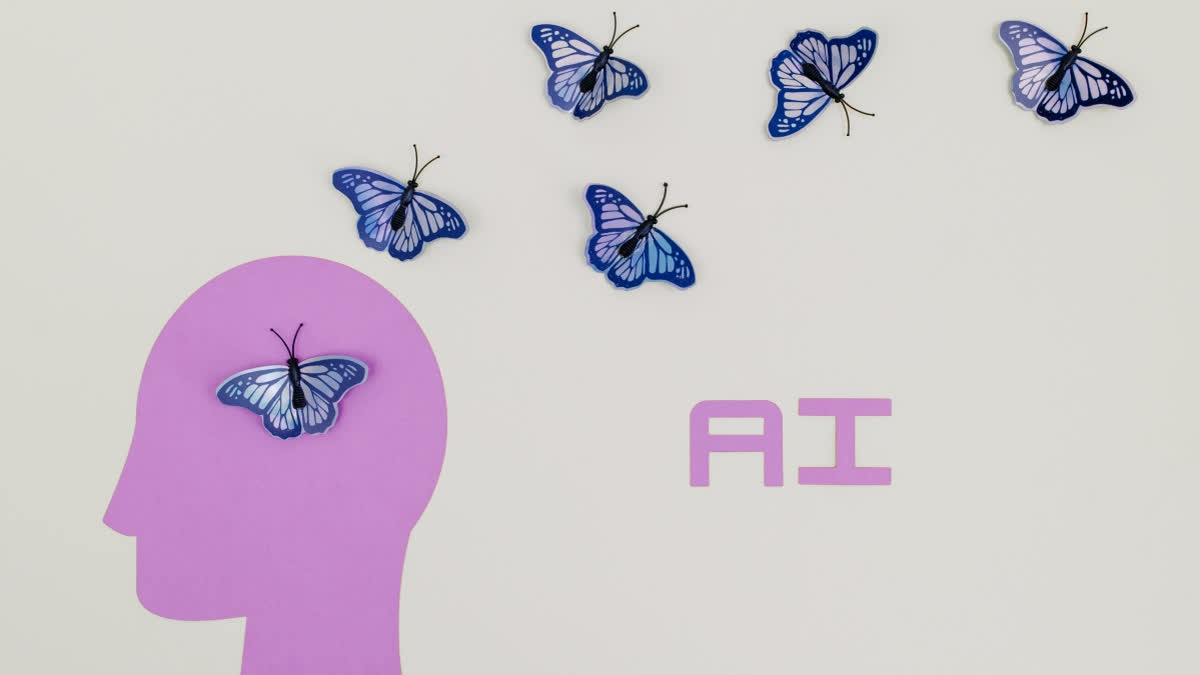New Delhi: Work is underway to create anxiety and depression prediction models, using artificial intelligence (AI) and Twitter, one of the world's largest social media platforms, that could detect signs of these illnesses before clinical diagnosis, according to researchers. Researchers at the University of So Paulo (USP) in Brazil said that preliminary findings from the model suggested the possibility of detecting the likelihood of a person developing depression based solely on their social media friends and followers. The findings are published in the journal Language Resources and Evaluation.
While there are multiple studies involving natural language processing (NLP) focussed on depression, anxiety and bipolar disorder, most of these analysed English texts and did not match Brazilians' profiles, the researchers said. The first step in this study involved constructing a database, called SetembroBR, of information relating to a corpus of 47 million publicly posted Portuguese texts and the network of connections between 3,900 Twitter users. These users had reportedly been diagnosed with or treated for mental health problems before the survey. The tweets were collected during the COVID-19 pandemic.
"First, we collected timelines manually, analyzing tweets by some 19,000 users, equivalent to the population of a village or small town. "We then used two datasets, one for users who reported being diagnosed with a mental health problem and another selected at random for control purposes. We wanted to distinguish between people with depression and the general population," said Ivandre Paraboni, last author of the article and a professor at USP.
Because people with mental health problems tended to follow certain accounts such as discussion forums, influencers and celebrities who publicly acknowledge their depression, the study also collected tweets from friends and followers. The second step, still in progress, has provided some preliminary findings, such as the possibility of detecting the likelihood of a person developing depression based solely on their social media friends and followers, without taking their own posts into account.
